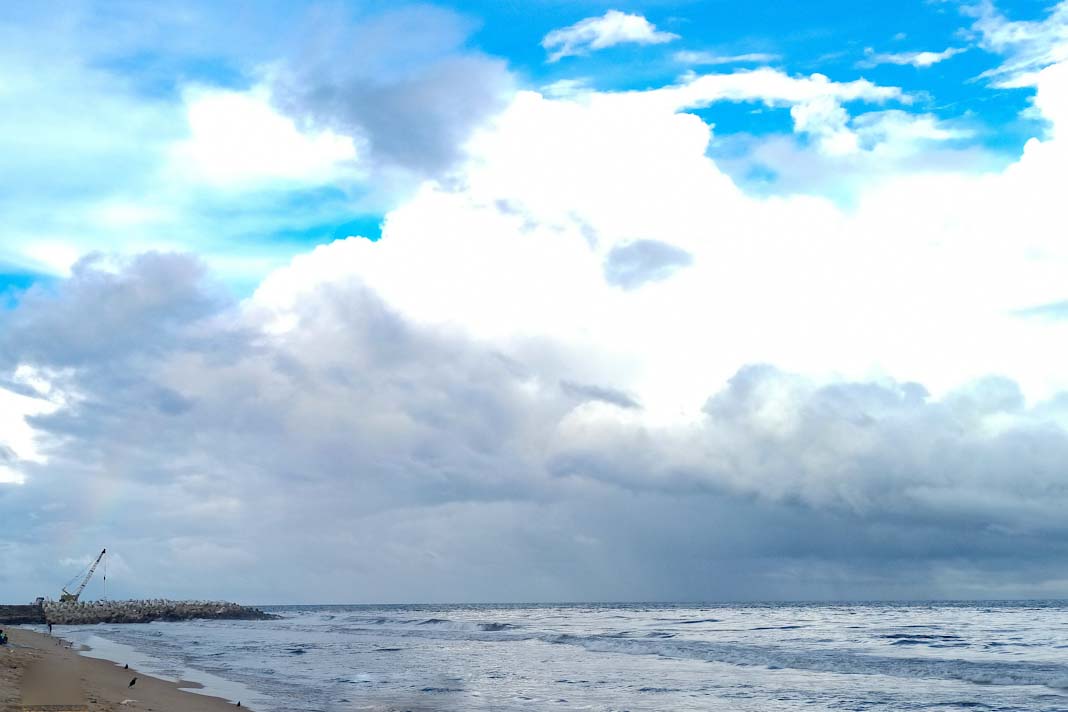- Saudi Global Ports (SGP) has secured four 20-year concession agreements to operate multipurpose terminals along Saudi Arabia’s Eastern Coast.
- SGP will invest over SAR 700 million (~$187 million) in terminal upgrades, equipment, and integration with its existing logistics network in Dammam and Riyadh.
- Workforce development initiatives will be launched with PSA International, focusing on global safety, operations, and sustainability best practices.
- The project aligns with Saudi Arabia’s Vision 2030, aiming to transform the Kingdom into a global logistics hub and support mega projects like NEOM and Oxagon.
Saudi Global Ports Group (SGP) has secured four long-term concession agreements from the Saudi Ports Authority (Mawani) to manage and operate multipurpose terminals along Saudi Arabia’s Eastern Coast. These 20-year agreements, granted through its subsidiary Modern Port Services Company Limited (SGP Multipurpose Terminals or SGPMP), include facilities at King Abdulaziz Port Dammam, Jubail Commercial Port, King Fahad Industrial Port Jubail, and Ras Al-Khair Port. SGP already operates container terminals at King Abdulaziz Port Dammam and the Riyadh Dry Port Ecosystem and is actively investing in the Dammam Integrated Logistics Zone. Offshore Energy reported this update.
SGP to Invest in Terminal Upgrades and Workforce Development
In 2024, Saudi Global Ports (SGP) handled over 4 million TEUs across its network of seaports and inland terminals. As part of its newly awarded concession agreements, the company plans to invest more than 700 million Saudi Riyals (approximately $187 million) to upgrade infrastructure and acquire advanced equipment for the four multipurpose terminals. The upgrades aim to enhance integration with SGP’s existing operations in Dammam and Riyadh, positioning the terminals as vital gateways for supporting the Kingdom’s ongoing and future mega projects.
To support this transformation, SGP will work closely with its technical partner, Singapore-based PSA International, to develop specialized training programs. These initiatives will focus on implementing best practices in safety, operations, and sustainability, leveraging PSA’s global expertise in managing multipurpose terminals.
Leadership Highlights Strategic Role in Vision 2030
Saudi Global Ports (SGP) emphasized its commitment to advancing port operations per Saudi Arabia’s Vision 2030 goals. The company expressed pride in being selected to manage and grow the four multipurpose terminals along the Eastern Coast, promising to deliver the same level of reliability, integration, and innovation seen in its existing operations at King Abdulaziz Port Dammam, the Riyadh Dry Port Ecosystem, and the Dammam Integrated Logistics Zone.
SGP leadership noted that the agreement with the Saudi Ports Authority (Mawani) plays a crucial role in supporting economic diversification by enhancing supply chain efficiency and enabling the success of critical national projects. With support from its technical partner PSA International, SGP aims to strengthen Saudi Arabia’s position as a global logistics hub.
PSA International also reaffirmed its long-standing involvement in the Kingdom’s logistics development and expressed enthusiasm about continuing its collaboration with local partners. The company highlighted its commitment to contributing expertise and expanding capabilities to add meaningful value to the Saudi ports and logistics sector.
Ports and Logistics at the Core of Vision 2030
Saudi Arabia’s Vision 2030 is a national strategy to reduce the Kingdom’s reliance on oil by diversifying its economy and strengthening public service sectors. The ports and logistics industries are vital to achieving the country’s transformation goals within this framework. By positioning itself as a global logistics hub connecting Asia, Europe, and Africa, Saudi Arabia aims to leverage its strategic location to drive economic growth.
A key part of this vision is NEOM, a cutting-edge megacity being developed along the Red Sea coast in Tabuk province. NEOM is intended to spearhead the transition toward a more diversified economy, focusing on renewable energy, advanced technology, biotechnology, tourism, and entertainment. Oxagon will concentrate on sectors such as energy—including hydrogen—manufacturing, logistics, and research and development.
Did you subscribe to our Daily newsletter?
It’s Free! Click here to Subscribe!
Source: Offshore Energy


















